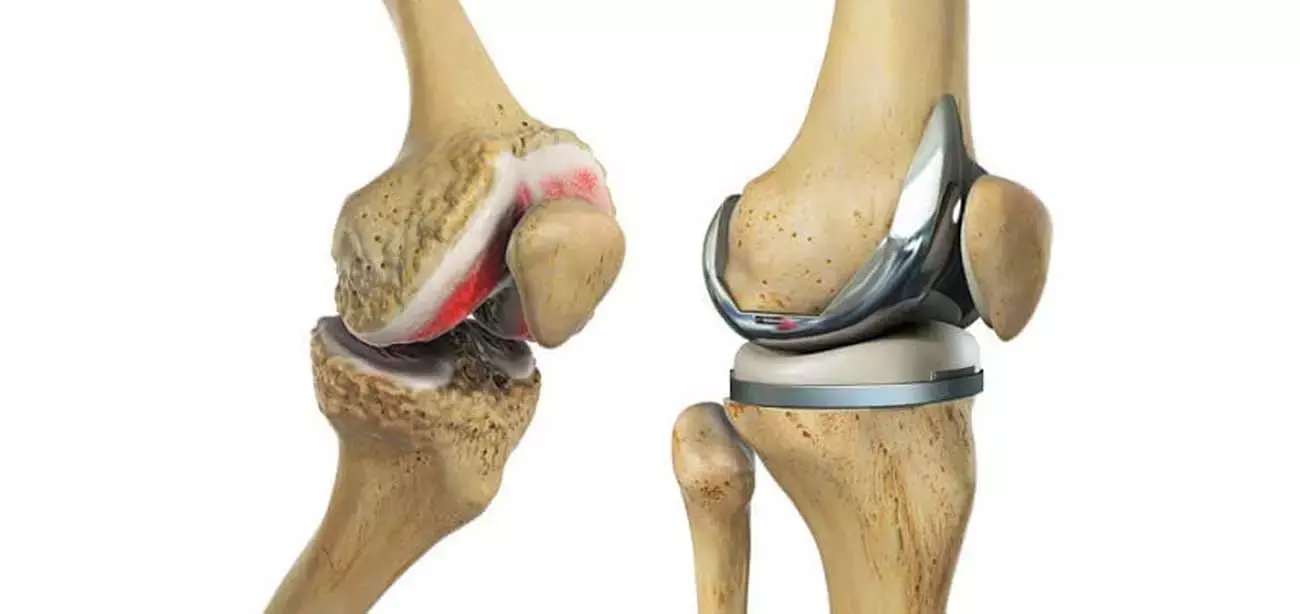- Home
- Medical news & Guidelines
- Anesthesiology
- Cardiology and CTVS
- Critical Care
- Dentistry
- Dermatology
- Diabetes and Endocrinology
- ENT
- Gastroenterology
- Medicine
- Nephrology
- Neurology
- Obstretics-Gynaecology
- Oncology
- Ophthalmology
- Orthopaedics
- Pediatrics-Neonatology
- Psychiatry
- Pulmonology
- Radiology
- Surgery
- Urology
- Laboratory Medicine
- Diet
- Nursing
- Paramedical
- Physiotherapy
- Health news
- Fact Check
- Bone Health Fact Check
- Brain Health Fact Check
- Cancer Related Fact Check
- Child Care Fact Check
- Dental and oral health fact check
- Diabetes and metabolic health fact check
- Diet and Nutrition Fact Check
- Eye and ENT Care Fact Check
- Fitness fact check
- Gut health fact check
- Heart health fact check
- Kidney health fact check
- Medical education fact check
- Men's health fact check
- Respiratory fact check
- Skin and hair care fact check
- Vaccine and Immunization fact check
- Women's health fact check
- AYUSH
- State News
- Andaman and Nicobar Islands
- Andhra Pradesh
- Arunachal Pradesh
- Assam
- Bihar
- Chandigarh
- Chattisgarh
- Dadra and Nagar Haveli
- Daman and Diu
- Delhi
- Goa
- Gujarat
- Haryana
- Himachal Pradesh
- Jammu & Kashmir
- Jharkhand
- Karnataka
- Kerala
- Ladakh
- Lakshadweep
- Madhya Pradesh
- Maharashtra
- Manipur
- Meghalaya
- Mizoram
- Nagaland
- Odisha
- Puducherry
- Punjab
- Rajasthan
- Sikkim
- Tamil Nadu
- Telangana
- Tripura
- Uttar Pradesh
- Uttrakhand
- West Bengal
- Medical Education
- Industry
TKAs in younger patients associated with acceptable survivorship but with elevated risk of complications

Total knee arthroplasty (TKA) provides good survivorship free of revision. With these successful results, TKA has been performed increasingly in younger patients. Many of the larger studies used to evaluate the impact of age on primary TKAs are from registries and thus, lack some of the specific clinical details that can be elucidated from an institutional study.
N.M. Hernandez et al conducted a study to evaluate a larger group of young patients (aged 45 years or younger) undergoing a primary TKA from a single institution and evaluate the survivorship free of revision and aseptic revision, the type and frequency of complications, and risk factors for periprosthetic joint infection (PJI) and arthrofibrosis.
The study has been published in "Arthroplasty Today" journal.
This was a retrospective, single-institution study, from 2003 to 2018, evaluating primary TKA in patients aged 45 years or younger. The authors identified 162 TKAs with a minimum follow-up duration of 2 years. Common surgical indications were degenerative joint disease (50%), post-traumatic arthritis (21%), and inflammatory arthritis (20%). Forty-nine knees had a prior significant knee surgery. They evaluated survivorship free of revision for any reason and aseptic revision. In addition, we characterized complication rates and risk factors for failure.
Key findings of the study:
•The mean age was 39 years, 70% were female, and the mean clinical follow-up duration was 7 years.
•At 8 years, survivorship free of revision for any reason was 82%, and survivorship free of aseptic revision was 87%.
•Fifty-five knees experienced at least 1 complication, with an overall complication rate of 34%.
•There were 6 (4%) periprosthetic joint infections (PJIs), and 24 (15%) knees of patients underwent manipulation under anesthesia with or without arthroscopic lysis of adhesions.
•There were no specific risk factors for revisions identified.
•Age less than 40 years was associated with PJI (P = .031), and marital status at the time of TKA was associated with arthrofibrosis requiring an intervention (P = .045).
The authors concluded that – "At a mean follow-up duration of 7 years, we found a satisfactory rate of survivorship free of revision in patients aged 45 years or younger. Although we believe this rate was acceptable, it was lower than that in some studies and may be related to the challenging cohort. As surgeons and young patients face the dilemma of whether to pursue such a major procedure, these survivorship data can be shared and potentially aide in this process. Furthermore, specific complications such as arthrofibrosis and PJI were more common than reported in other non-age-restricted series on primary TKAs; this too can be discussed during shared decision making with young patients considering TKA. Given the limited number of young TKA series, often including patients in their fifties, we believe this study adds valuable information that can help educate young patients as they consider primary TKA."
Further reading:
Primary Total Knee Arthroplasty in Patients Aged 45 Years or Younger: 162 Total Knee Arthroplasties With a Mean Follow-up Duration of 7 Years N.M. Hernandez et al Arthroplasty Today 18 (2022) 163-16 https://doi.org/10.1016/j.artd.2022.09.018
MBBS, Dip. Ortho, DNB ortho, MNAMS
Dr Supreeth D R (MBBS, Dip. Ortho, DNB ortho, MNAMS) is a practicing orthopedician with interest in medical research and publishing articles. He completed MBBS from mysore medical college, dip ortho from Trivandrum medical college and sec. DNB from Manipal Hospital, Bengaluru. He has expirence of 7years in the field of orthopedics. He has presented scientific papers & posters in various state, national and international conferences. His interest in writing articles lead the way to join medical dialogues. He can be contacted at editorial@medicaldialogues.in.
Dr Kamal Kant Kohli-MBBS, DTCD- a chest specialist with more than 30 years of practice and a flair for writing clinical articles, Dr Kamal Kant Kohli joined Medical Dialogues as a Chief Editor of Medical News. Besides writing articles, as an editor, he proofreads and verifies all the medical content published on Medical Dialogues including those coming from journals, studies,medical conferences,guidelines etc. Email: drkohli@medicaldialogues.in. Contact no. 011-43720751


